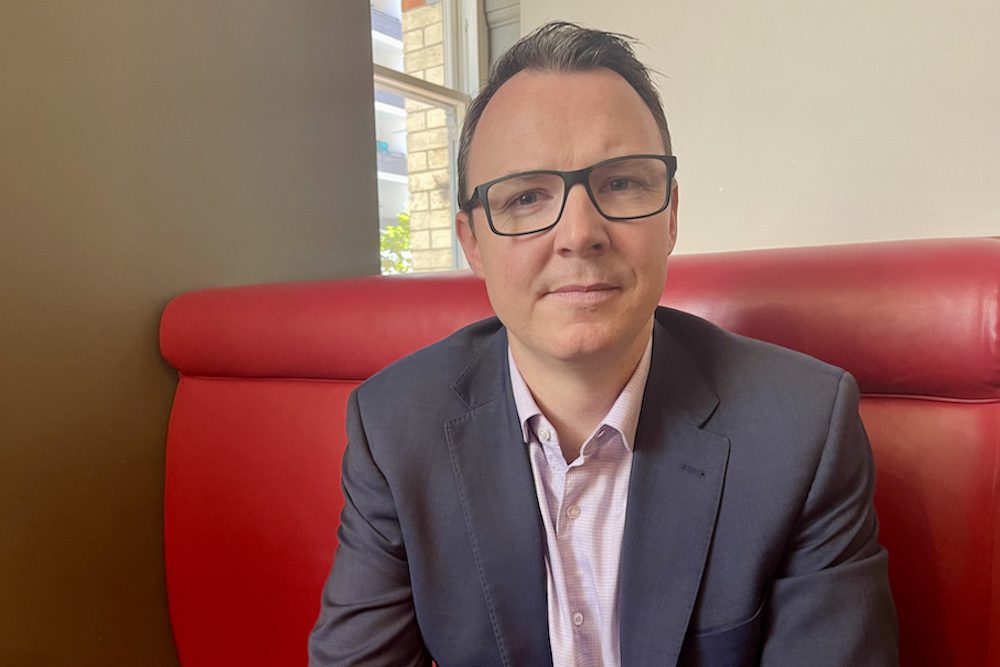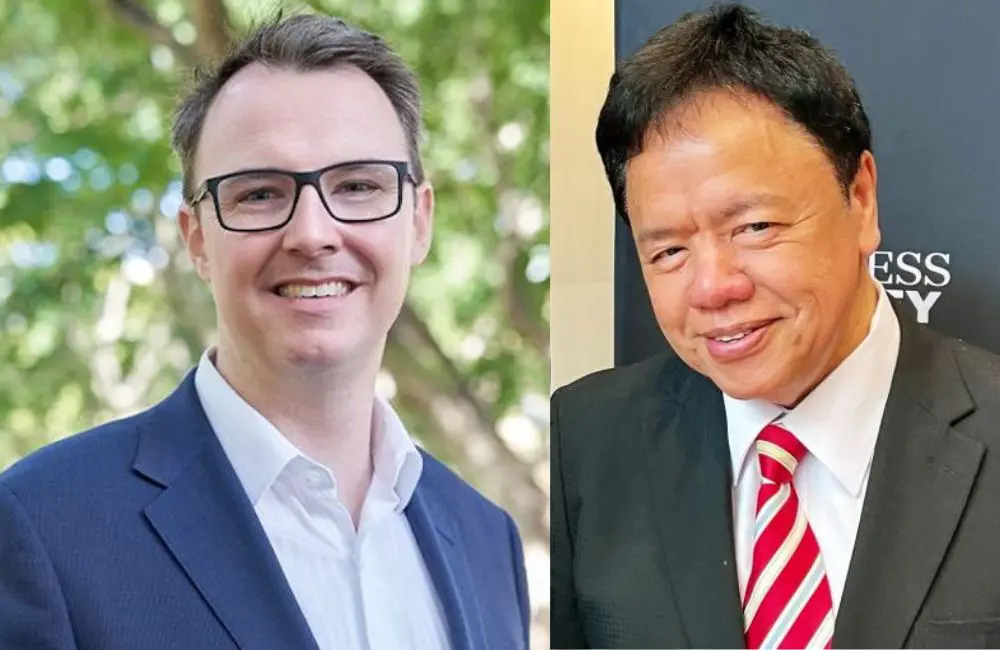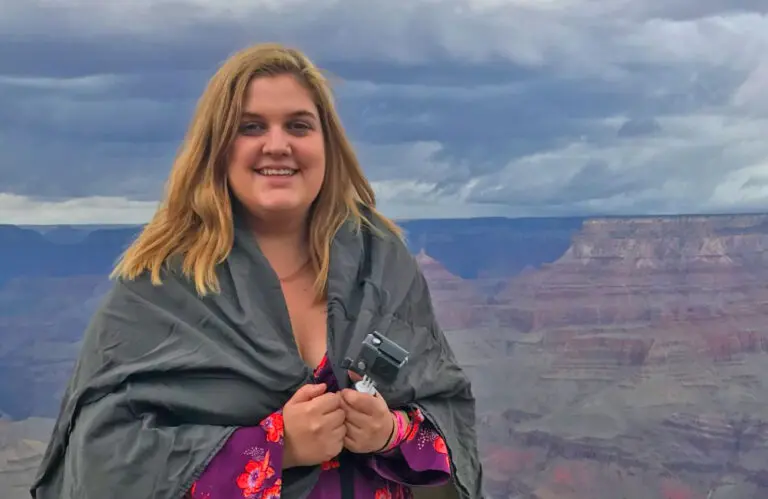After nearly two decades of collaboration, the Australian Travel Industry Association (ATIA) and Rick Myatt have announced a strategic decision to pursue separate directions. The move signals a renewed focus on their respective strengths to support and grow the Australian travel and tourism sector.
ATIA: Strengthening advocacy and industry standards
ATIA, the peak body representing Australia’s $69 billion travel industry, is firmly rooted in advocacy and member support.
“As the travel-and-tourism sector continues to evolve, it’s vital that organisations and individuals focus on their strengths to best serve the industry,” Dean Long, CEO of ATIA, said.

“We are very appreciative of Rick’s contributions to strengthening training within our sector and delighted to see Rick’s work evolve into ATCC.”
With initiatives like Project A30, ATIA is well-positioned to support its network of small businesses, which make up 92% of its membership, and help the industry navigate an ever-changing landscape.
Rick Myatt and ATCC: Nurturing future professionals
On the other side of the equation, Rick Myatt is channelling his efforts into the Australian Travel Careers Council (ATCC), an organisation designed to inspire and prepare the next generation of travel professionals. With an emphasis on education and career development, ATCC is making strides in connecting students with the industry.

Among the key initiatives spearheaded by Myatt are:
- The Travel Ambassador Program: This long-running program targets high school students, introducing them to career pathways in travel and tourism.
- Overseas Technical Study Tours: These international experiences give students hands-on exposure to the industry. A recent pilot in North America is paving the way for an upcoming tour to the Osaka Exposition in 2025.
- Bridging Competency Gaps: By collaborating with organisations like the National Education Standards Authority, ATCC ensures that qualifications for HSC travel students align seamlessly with industry requirements.
“Our mission has always been to inspire and guide students and graduates into rewarding careers in Travel and Tourism, with initiatives like the Travel Ambassador Program, Overseas Technical Study Tours Program and other efforts to influence their career decisions,” Myatt said.
“ATCC is committed to preparing the workforce of the future and strengthening industry-education partnerships.”
In recent news, Barry Mayo and Kellie Stanbury have joined the Australian Travel Careers Council, bringing their extensive industry expertise to help drive its mission of inspiring the next generation of travel professionals.
The focus on regional and rural areas is a standout feature of ATCC’s work, ensuring that opportunities in travel extend beyond urban centres.
Why the split?
While the decision to part ways may seem like the end of an era, it’s more of a natural evolution. Both ATIA and ATCC recognise the importance of focusing their efforts where they can have the most impact. For ATIA, this means advocacy and industry support; for ATCC, it’s about building a sustainable workforce.
The collaboration may be ending, but the shared goal remains: advancing the Australian travel and tourism sector.
As Myatt said:
“We thank Dean for his stewardship and his efforts in ensuring our sector’s workforce-skill-shortages situation continues to be acknowledged at all levels of the Government.”
For travel professionals, this split is less a cause for concern and more an opportunity. With both organisations honing their focus, the sector stands to benefit from clearer, more targeted initiatives.






